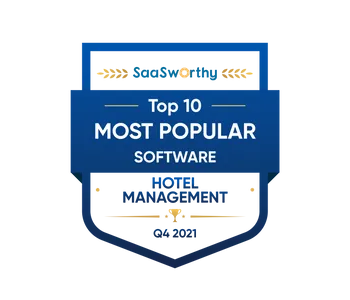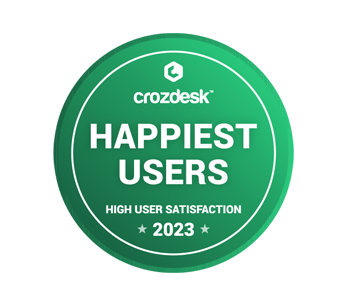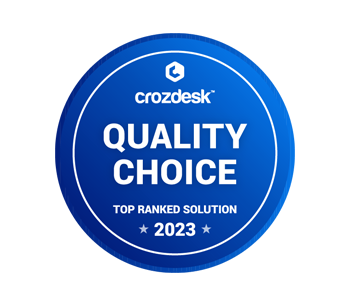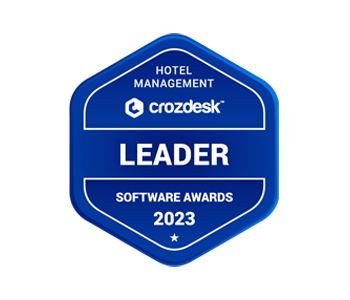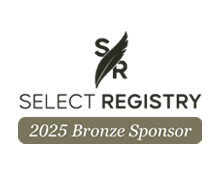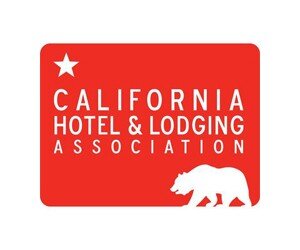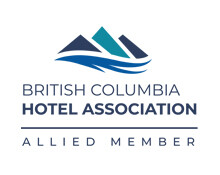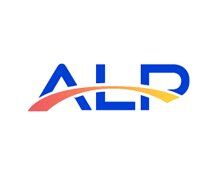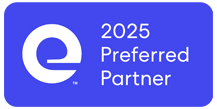If you’ve only ever thought of upselling as a way to increase revenue, think again. First and foremost, upselling and cross-selling are effective ways to enhance the guest experience. Done right, upselling offers more value to your guests, increasing guest satisfaction and loyalty. A rise in revenue will follow naturally.
Technically, there’s a difference between upselling and cross-selling, but the two go hand in hand:
>>Upselling is the process of selling a more expensive version of a product or service that the customer is buying.
>>Cross-selling is the process of selling a supplementary product or service to complement the product or service the customer is buying.
Both approaches result in providing the customer with greater value and enhancing the guest experience—as long as the offers are relevant and presented at the right time, in the right way.
What Can You Upsell and Cross-Sell?
From basic hotels and motels to luxury boutique inns and resorts, any property has what it takes to upsell or cross-sell.
Upsells
>> Room upgrades: Customers are often open to upgrading their room choice during their booking, or even after they have made their booking.
>> Packages: Same goes for packages. Make sure your customers are aware of available packages and the added value they offer compared to standalone room bookings.
Cross-sells
>> In-room extras: You don’t have to get fancy to enhance the in-room experience with additional in-room amenities. Baby high-chairs and cribs are as much appreciated by young families as champagne and chocolate-covered strawberries are by couples celebrating an anniversary. Yoga mats upgraded bath amenities and in-room massage services are other examples.
>> Activities: From bicycle rentals to organized tours and activities (whether provided by your property or by local partners), activities are a popular cross-sell that make organizing such adventures hassle-free for your guests.
>> F&B: On-site food and beverage services can be cross-sold by offering dining discounts and packages, promoting your happy hour, or simply having your serving staff recommend meal accompaniments.
>> On-site spa services: Spa services are hard for weary travelers to resist, especially when you can take the hassle out of booking them, and even more so if they’re discounted for guests.
>> Other hotel services: Think parking, babysitting, transportation…
How to Upsell and Cross-Sell Successfully
The secret to successful upselling and cross-selling is to put the customer’s needs first. Remember, upselling (and cross-selling) is a means for enhancing the guest experience. If executed correctly, upselling results in satisfied, loyal guests and, consequentially, improved profitability.
Be relevant
Upselling and cross-selling are practical ways to personalize service, but it only works when offers are relevant to your guests.
Use data from your property management system and CRM to learn about guest preferences, requests and booking history to target offers more effectively. Sending automated pre-arrival emails asking guests to let you know of any special requests or preferences is an effective way to gather valuable information that can be used to identify relevant upsell/cross-sell opportunities.
Don’t be pushy
Remember that as consumers we hate to be sold to but we love to buy! Employ a soft-sell approach that conveys your effort to improve the guest’s experience (rather than to make more money). That means not bombarding guests with messages promoting upgrades and add-ons, and training staff to suggest relevant offers at the right time (more on that below) and in the right way (more on that below too).
Make the value clear
In order to convert upsell/cross-sell offers, the value represented by the additional spend must be clear. In addition to clearly listing room amenities, photo slideshows are an effective way to sell more desirable rooms on your website and within your online booking engine. Make sure room and package descriptions emphasize added value and use emotive language to convey the actual experience (“…wrap yourself up in one of our plush robes and enjoy your Netflix favorites on a big-screen TV”).
When staff make upsell offers directly, highlighting the added value gained for an incremental cost can be very persuasive. For example, “For just $20 more, you can enjoy more space for the kids in our family suite, with a kitchenette for preparing snacks, and a pretty great view over the lake…”
Position offers at the right time
Timing is everything when it comes to upselling and cross-selling. If an offer isn’t timed right, it will fall flat at best, or at worst, annoy customers.
>>During booking: During booking is a great time to upsell room upgrades and packages. Including photo slideshows in your online booking engine within room search results lets your customers easily compare rooms during the booking process and visually portrays the advantages of more desirable rooms. As well, package rates should be displayed alongside standard rates within search results, clearly outlining added value, and with the ability to book. Emphasize the value of discounted rates by displaying the strike-through price alongside the lower price.
When it comes to cross-selling, be careful not to overwhelm customers with options at the booking stage. Forcing customers to choose or decline added extras at this point can put customers off, resulting in abandoned bookings. If you do choose to offer add-ons during the booking process, keep things simple with limited options and ensure add-ons are presented directly within the booking form (rather than within a separate page or window), without requiring the customer to accept (or decline) offers in order to progress with the booking.
>>Pre-arrival: The time between booking and arrival is perfect for both upselling and cross-selling. During this stage of growing anticipation about their trip, many future guests are open to upgrading and enhancing their stay experience.
With high open rates, email and SMS are the best way to communicate offers prior to arrival. Targeted offers can be automated by creating pre-arrival email templates that are attached to certain room types and/or rates. Read our recent post about how to upgrade the pre-arrival guest experience for some pre-arrival email tips. Emails can point guest requests to the front desk, or direct guests to your hotel app where they can purchase selections directly.
>>At Check-in: During guest check-in is another ideal opportunity to upsell and cross-sell, and can come across very naturally as front desk staff learn a little more about the guest’s needs. Remember to highlight the advantages of the upgrade or add-on, and don’t be pushy. Upgrades and add-ons can be promoted within self-check-in apps too.
>> During stay: Cross-selling opportunities abound during the guest’s stay and can be communicated through mobile messaging, email, your hotel app or in person—as long as they are relevant to your guest’s needs and/or interests. When communicating offers to guests digitally (by SMS or email), be careful not to bombard them with various offers and don’t push the same offer more than once.
Upselling and cross-selling are important strategies for personalizing the guest experience, adding value and increasing customer loyalty. When implemented successfully, offering relevant upgrades and add-ons to your guests at the right time, in the right way, not only results in more satisfied guests, but increased ADR and incidental revenue too.















